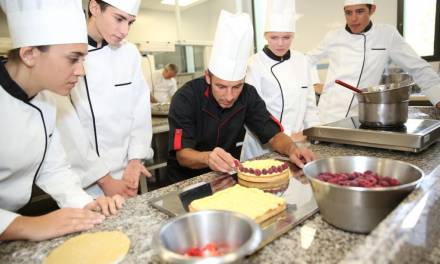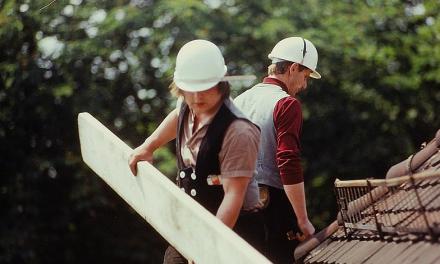Why are functional skills important?
Reading time: 3 minutes
Functional skills are important because they provide the skills, knowledge and understanding for young people and adults to progress in work, education and life.
It relates to transferring to learner’s ability to solve problems to real-life contexts. Functional skills are the fundamental English, Maths and ICT skills to aid their working and personal lives. People can study for these qualifications in practical ways.
This blog post explains what functional skills are and why they are important.
Read More

















